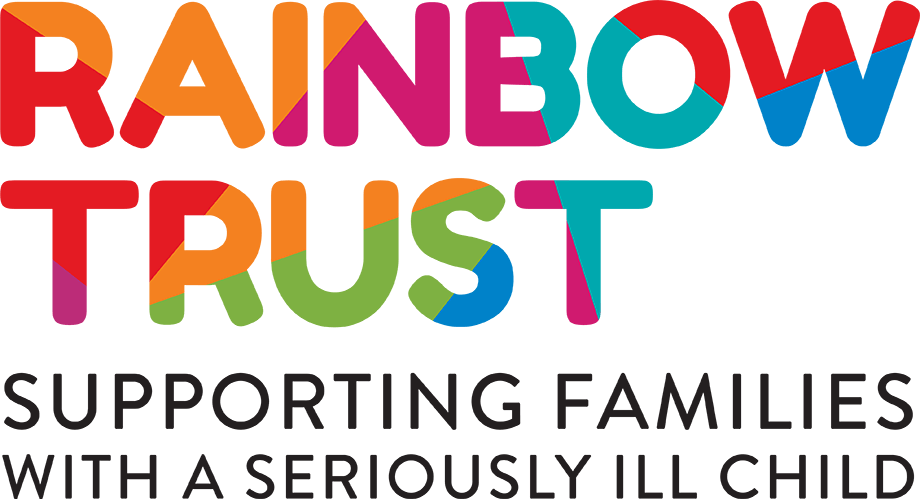Date published: 21 September 2023 by Katie Inglis
We caught up with Marlene, from the Northwest Care team, who is retiring in December and has been a Rainbow Trust Family Support Worker for 21 years
What area do you normally cover?
The Northwest Care team covers, more or less, North of Carlisle to Stockport. For the last two years I have been working part time, covering mainly the South Lakeland area.
Has the job changed in the past 21 years?
Absolutely! Initially Family Support Workers used to work Monday to Friday and would be on call every third weekend, visiting families to provide emergency response if they needed. Now we work weekdays only and there is an emergency line that families can contact if they need urgent support at weekends. Also, when I started at Rainbow Trust we all had mobile phones, but no calls could be made directly to us. All calls had to go to the manager who would forward the messages. The manager would also assess and review the families supported every six months. This changed over time and it seems more efficient that families can contact their Family Support Worker directly, and can be assessed and reviewed by the same professional.

Has the nature of support also changed?
No, the nature of support hasn’t changed. Our commitment to support families with a lifethreatened child hasn’t changed. But there are some differences in the serious illnesses we now see. At the beginning we were mainly supporting children with a cancer diagnosis. This has changed dramatically, and we see more children with disabilities, more children with syndromes with names rather than ‘complex needs’ description. Having named syndromes helps the families because it gives them access to specific organisations and health professionals, while we support them.
So how do you support families with a seriously ill child?
I support them at home, in hospital, and in the hospice if the family needs me to. I provide transport to and from medical appointments and treatment, as well as sibling and emotional support to any family member that may need it. Working so closely with families we build relationships.
We see and support families as they are going through very tough times. We understand the difficulties and challenges they face and we know what they have been through.If the worst happens, if a child dies, we are there to provide bereavement support too. This is really important to families; when a child dies everybody else leaves, medical help is no longer needed so the families are left alone. But we continue supporting them for as long as they need us.
What has been the highlight of working with families at rainbow trust?
Something I am really proud of is setting up and organising a Tribute Day that has been going for eight years now. Every year, in September, families come together to remember their children who have died. We do a memorial craft, like decorating a candle holder; we have conversations, read some verses and light candles in memory of the children.

What has been the saddest time?
Oh, there’s been lots of really sad times. Some families you really connect with and those hit me very hard when there is a bereavement .But the first child that died was probably the saddest. He was five years old, had leukaemia and I supported the family through treatment. He was in remission and the family was doing really well so we stopped support, until his mum called me. They took him to a routine check-up and doctors sent the boy home to die. The cancer had come back so aggressively that there was nothing else they could do. I started supporting them again straight away, looking after him and helping the family every other day. After he died I provided bereavement support to the family for about a year. This was a long time ago, but I have never forgotten that.
How do you cope withthe emotional impact this may have on you?
Sometimes is difficult to deal with these emotions, but my husband gets it. I also have both managerial and non-managerial supervision, and our team meetings. I find that just talking to the team helps as we’ve all been through it. Because of the distances I travel I have time alone in the car, when I can reflect on what’s happening. In some ways driving helps me disconnect.
How do you think your work impacts the families you support?
From experience I know it makes a huge impact, I help make their life a bit easier: from tackling a pile of ironing, taking the ill child for a couple of hours, to keeping a mum company while they wait for test results or an operation. Every aspect helps the family at the hardest of times.
One mum said to me ‘You’re my angel without wings’.
A Family Support Worker like Marlene sometimes is a lifeline, a connection to normality, a person who understands the family and knows what they are going through, a translator for medical terms, a companion to difficult hospital appointments, an entertainer of healthy brothers and sisters to give time to the parents to look after their seriously ill child.




